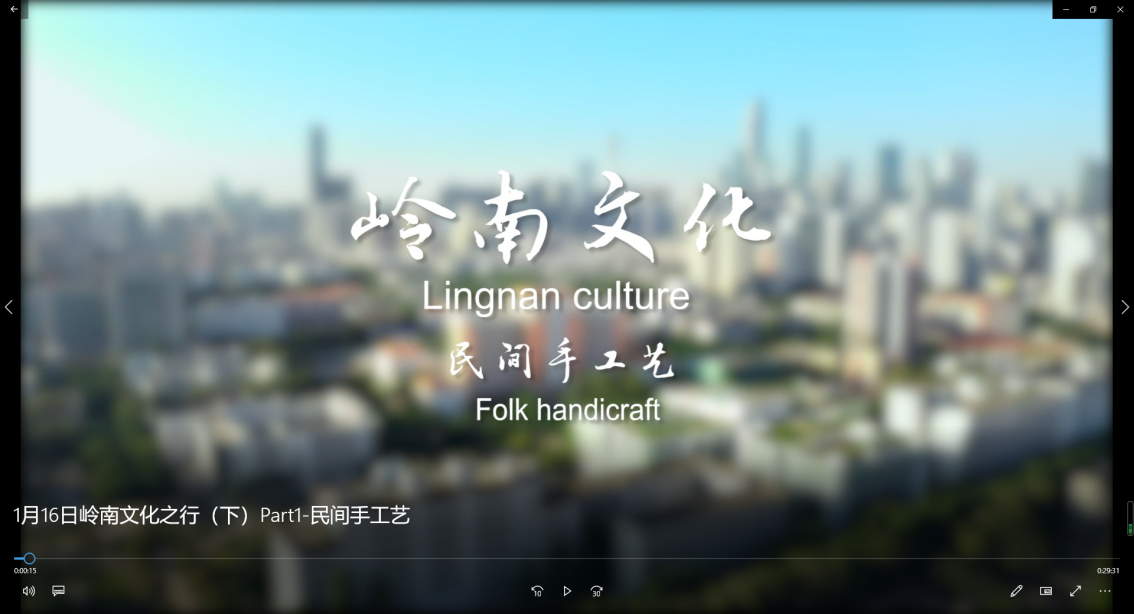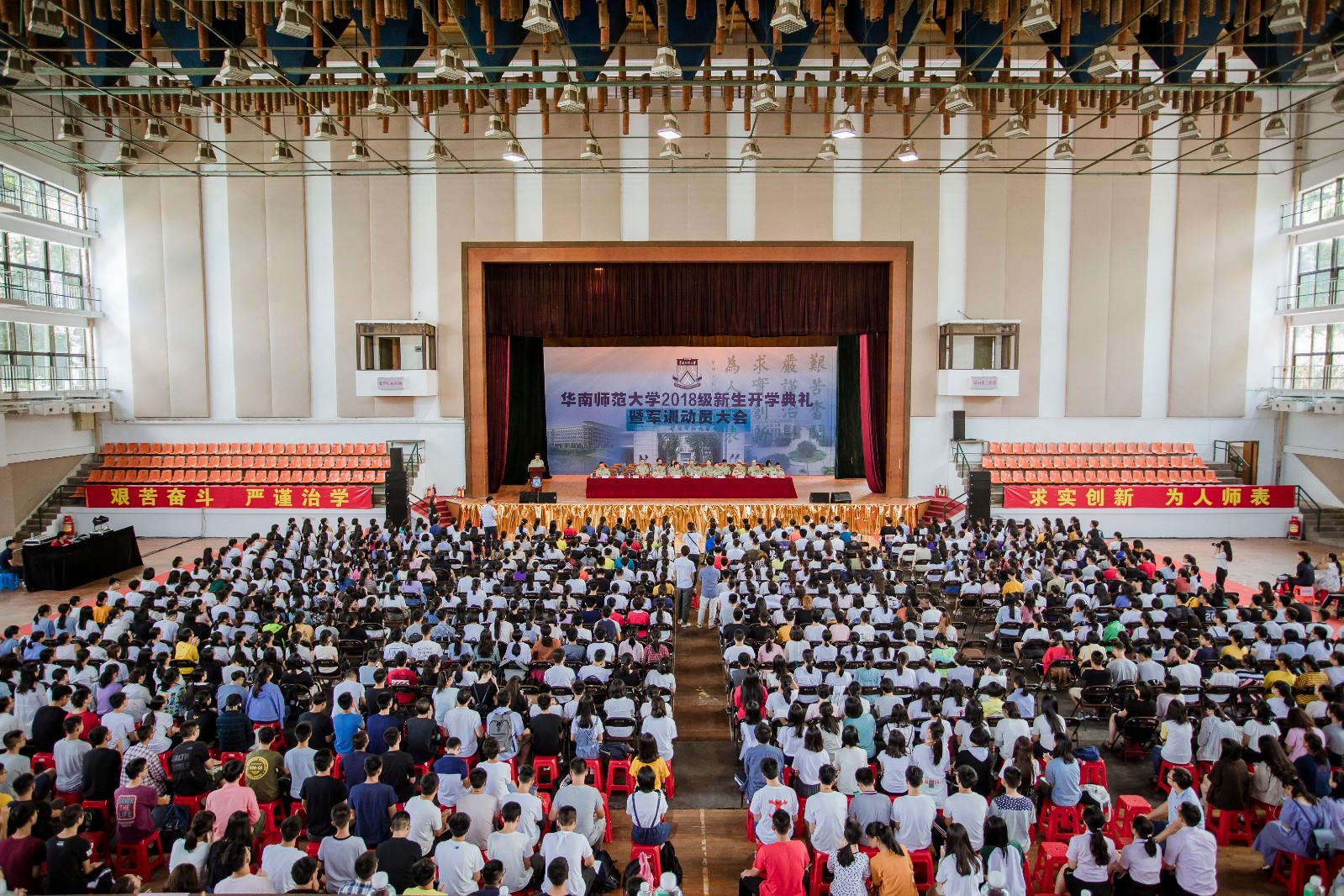
Likes
Five courses recorded by the School of International Culture of SCNU have been recently selected as excellent courses and included in the national resource library of “Chinese Bridge”, a program sponsored by the Center for Language Education and Cooperation (CLEC) of the Chinese Ministry of Education.
The courses were part of the teaching materials for the year 2020-2021 "Chinese Bridge" on-line Mandarin Winter Course, which featured the study of Chinese language and Lingnan culture for international students, in an effort to promote Chinese culture and international exchange.
Every course starts with a video (Click for more ▲)
The five selected courses, which stood out from more than 1,000 video courses made by colleges and universities from all over the country, cover topics on Cantonese food, urban sightseeing and Lingnan culture. Through the courses, viewers can have a video tour to the Chen Clan Ancestral Hall, Flower City Square in Guangzhou, and Top 10 historic relics in Shenzhen, as well as sample the Cantonese dessert of double-skin milk, and ginger milk, and learn about folk handicrafts.
The Chinese Bridge program is aimed at meeting the needs of overseas Chinese language learners who want to know more about Chinese culture. The program is aimed at better promoting the development of international Chinese education and Sino-foreign cultural exchange, according to the official website of the CLEC. Due to the pandemic, the program for the year 2021-2022 will be also conducted on line, adopting a combination of real-time lectures, video courses, and online activities.
Currently the English version of the courses is available on line. Multi-language versions will be made available in the near future to cover a wider range of overseas Chinese learners across the world. Click the link to learn more about the courses: http://bridge.chinese.cn/online/camp
Learn more about SCNU: http://bridge.chinese.cn/online/camp/school/10097
Source: SCNU News Center
Translated by Wang Hedi, Cen Jingxian, Yang Yi.
Proofread by Edwin Baak
Edited by Li Jianru
What to read next:










